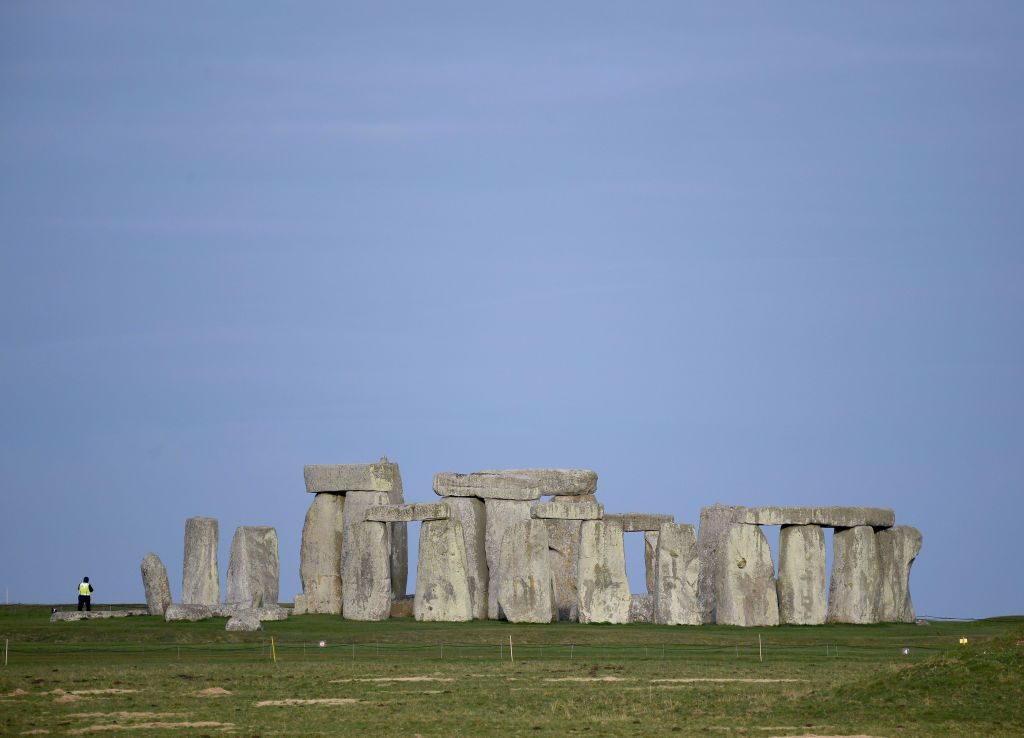Law & Politics
In a Win for Preservationists, a U.K. Court Has Quashed Plans to Build a Highway Tunnel Near Stonehenge
Activists decried the proposed road as a danger to the prehistoric site.

Activists decried the proposed road as a danger to the prehistoric site.

Artnet News

A court has quashed plans to build a road near Stonehenge in a decision that’s being hailed by preservationists who were concerned about the safety of the prehistoric site.
A group called Save Stonehenge World Heritage Site challenged Conservative party transport secretary Grant Shapps’s decision last year to support the £1.7 billion ($2.36 billion) plan to create a two-mile tunnel near the site. The alliance, whose court and legal fees were crowdfunded in a campaign that raised more than £80,000 ($94,000), called the court ruling “a wake-up call for the government.”
At the hearing on Friday, a high court in the U.K. found Shapps’s decision did not appropriately consider alternative plans to the tunnel that could potentially cause less damage, nor did it assess risk of harm to the site, as required by law.
The plan to transform the current A303 road, which was formalized in 2017, would see a two-way tunnel near the historic site, while the current highway would be turned into a public walkway.
The decision was celebrated by archaeologists and environmental groups. “We could not be more pleased about the outcome of the legal challenge,” said John Adams, director and acting chairman of the Save Stonehenge group in a statement. “Ideally, such a tunnel would begin and end outside the world heritage site.” The group added that given the climate emergency, any new road programs should aim to reduce traffic and eliminate the need to build new highways.
The stone monument in Wiltshire, England, dates to prehistoric times and is still a site for summer solstice rituals. Earlier this month, Mechtild Rössler, the director of Unesco’s World Heritage Center, suggested that sites like Stonehenge could be listed as endangered if governments did not better avoid “ill-advised development” projects. UNESCO formally opposed the plan for the highway reroute in 2019.
The U.K. government may now decide whether or not to appeal the court’s decision.